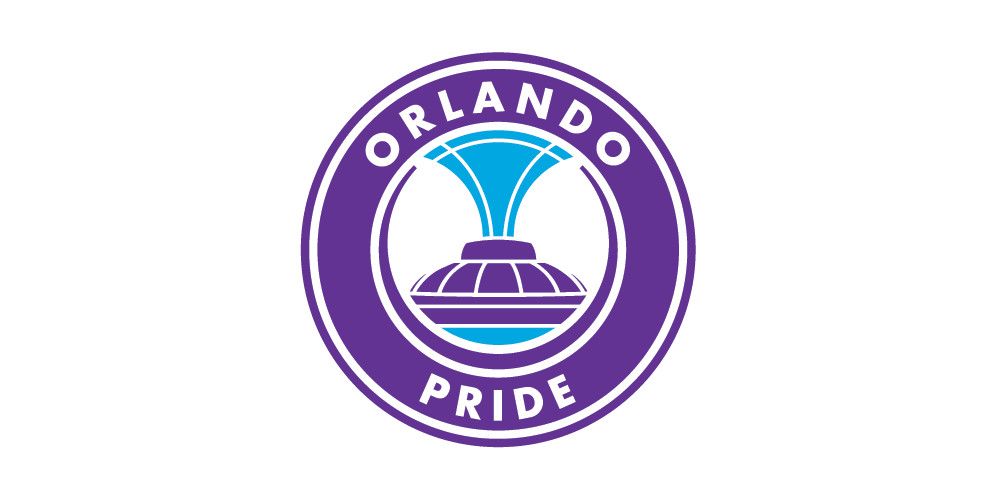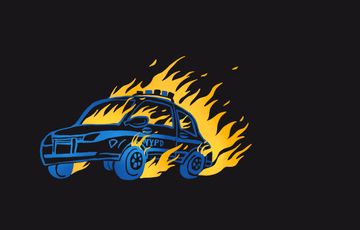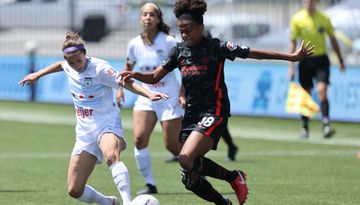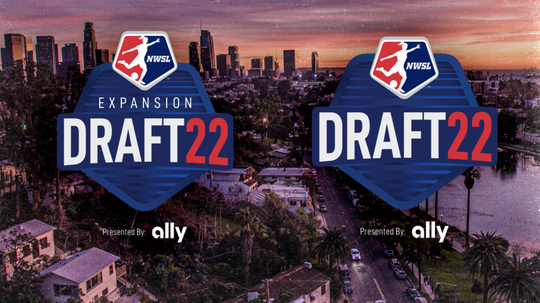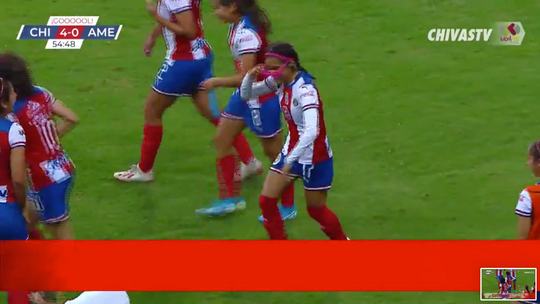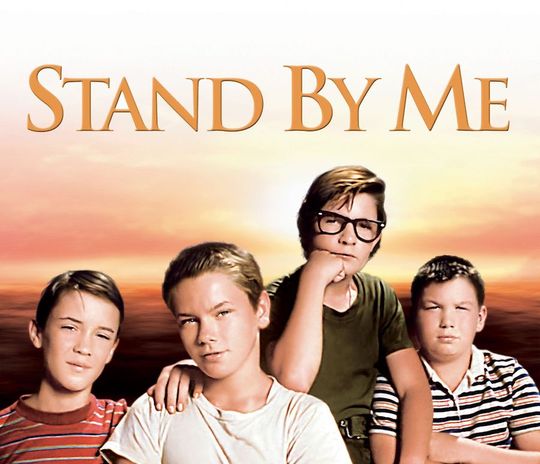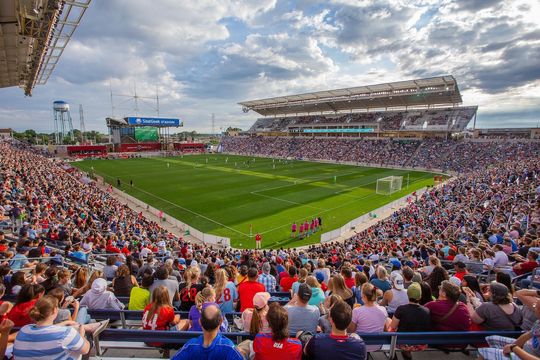The Orlando Pride announced Monday that six players and four staff members have tested positive for COVID-19 while training in Florida. As a result, the club is withdrawing from the upcoming Challenge Cup, NWSL's centralized-venue tournament in Utah, which is set to kick off in just four days. Orlando was slated to play the Chicago Red Stars in their opening match on June 27.
The news comes after a recent spike in Florida coronavirus cases and a release from the NWSL that a player was infected with the virus – although no further information was revealed at the time.
From the day of the tournament's announcement, many raised concerns about playing in the midst of a pandemic; any large group of people living in close quarters is potentially unsafe with a highly dangerous and communicable virus continuing to spread throughout the United States. The NWSL does have safety protocols in place for the tournament (and even better, they communicated those protocols). With that in mind, it's worth noting that the Pride's outbreak seems to be due to individuals making poor decisions – Meg Linehan first reported that the spread of COVID-19 is likely linked to players going to a bar – rather than a failure of league safety measures.
Florida bars were allowed to open June 10, in accordance with to Phase 2 of Governor Ron DeSantis' coronavirus plan. Unsurprisingly, the state's COVID-19 cases have increased dramatically since then.
Florida reopening its economy is part of a larger national trend of counties across the country easing COVID-19 restrictions while the virus is still clearly present and spreading. States are giving businesses the go-ahead to reopen despite the fact that there is no vaccine and no real effective treatment. Media, politicians, and pundits have prioritized discourse about reopening with rampant carelessness.
The thing is: the coronavirus hasn't magically gone away just because large companies want to reopen the economy. And the Pride have players on their roster who could be high-risk for COVID-19. Toni Pressley survived breast cancer last year, and Sydney Leroux is returning to play after the birth of her second child. That's not to mention the fact that young, otherwise healthy people have been known to develop severe coronavirus cases, too. Anyone who chooses to break quarantine is putting everyone around themselves at risk.
The other thing is: COVID-19 isn't something you get sick with and then it goes away. Beyond the high mortality rate, the virus can permanently affect the lungs and cardiovascular system, which could be especially devastating if your job includes a lot of running around.
Although all of Orlando's cases are reportedly asymptomatic, that doesn't mean that those infected players and staff won't develop symptoms, or spread the virus to others who later develop symptoms. And even if COVID-19 is contained to these ten people who have tested positive, those people who chose to break quarantine have taken playing opportunities away from their teammates who responsibly stayed isolated.
Ultimately, this news has shown us how precarious sports are in the middle of a pandemic. The actions of even a handful of reckless individuals can have a dramatic impact on a league or sport as a whole. It's something that reflects on the societal implications of this pandemic writ large. Your actions have potentially life-threatening consequences – not just for you, but for others as well.
The Challenge Cup will take place in what is meant to be an isolated bubble. But the possibility of COVID-19 entering that sphere is still a legitimate fear. The athletes competing will have more regular testing and resources at their disposal than the rest of us. The fact that the coronavirus is still a concern in that highly structured environment is proof that this virus should still be dramatically shaping the way we live our lives, even if capitalism doesn't want you to think that.
I don't think a couple individuals catching the coronavirus at a bar is an isolated incident by any means – though hopefully this incident has dissuaded other athletes in the NWSL and beyond from making poor decisions. But this is something we'll continue to see within professional sports, and our daily lives. There is no vaccine or cure yet. When there is one, unless political and material circumstances change drastically worldwide, it may not be easily accessible. Our best defense is to make better choices.
